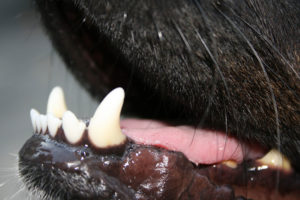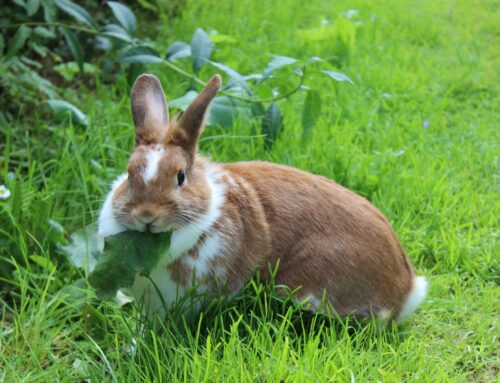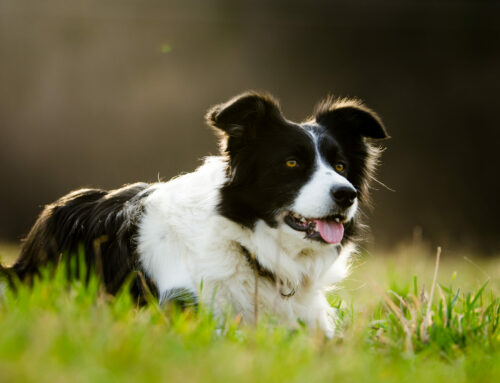 The majority of our pets will suffer from dental problems at some point in their lifetime. It’s really important to have their teeth checked regularly as, if caught early, we can help you to reverse the changes and improve their dental health. If things have progressed, we can spot the signs that they may be in pain and do what is needed to make them more comfortable.
The majority of our pets will suffer from dental problems at some point in their lifetime. It’s really important to have their teeth checked regularly as, if caught early, we can help you to reverse the changes and improve their dental health. If things have progressed, we can spot the signs that they may be in pain and do what is needed to make them more comfortable.
Cats and Dogs
When we examine your pet’s teeth, we can give them a grade. Grade 0 means they’re perfect, lovely and clean, with no gum disease – the pet equivalent of a Hollywood smile!
Grade 1 means a little bit of plaque is building up and the gums are very slightly red and inflamed (gingivitis). Grade 1 dental problems are still reversible so our vets and vet nurses can discuss tooth brushing techniques and specialised diets to remove the plaque.
By Grade 2, the gums will be more inflamed and the plaque on the teeth will be growing more solid, becoming something called tartar. Again our team will discuss ways to reverse the problems, which may well include a scale and polish under anaesthetic.
As dental disease worsens, it will become Grade 3 or 4. This is where there is significant tartar build up and severe inflammation. These animals will almost certainly be in some discomfort. There may be some broken teeth, sensitive tooth roots may be exposed and some of the jaw bone surrounding the teeth may have been lost. We will again discuss the right dental treatment for your pet but it is likely that some teeth will need to be removed.
Finding out that your pet needs to go under anaesthetic for a dental can be understandably worrying, but will be of great benefit to them. A scale and polish is a fairly short and very routine procedure and, followed by good dental hygiene, may prevent your pet ever losing teeth. Very diseased teeth will need to be removed but in the long run this will make your pet much more comfortable and means there isn’t the chance of serious abscesses or jaw fractures developing (as they can if rotten teeth are left in the mouth). We’ll make sure your pet has the right pain relief for their recovery and give you advice on what to feed them but most owners are surprised how quickly they’re back to themselves and eating even better than before!
Rabbits and rodents
Rodents suffer from different types of dental disease as their teeth constantly grow through their whole lives. As they chew their food they wear their teeth down to keep them the same length. However, if they do not chew enough, or if the teeth aren’t sitting in quite the right place in the mouth, they won’t wear down evenly and so can develop sharp points, called spurs, on the edges of the teeth. These can make the mouth very sore and cause the animal to stop eating which can make them seriously ill and sometimes even be fatal. The incisors (the big teeth at the front) can also get very long in rodents. Whilst it is easy for owners to spot these, you won’t ever see their back teeth so it is important for our vets to check them from time to time to make sure spurs aren’t developing and that there are no loose teeth or infections.
If the teeth do get too long or form spurs, we can arrange dental treatment, which may involve simply trimming the incisors, or an anaesthetic to file down the spurs or remove loose teeth. If we have to perform dental surgery, we will give you advice on an appropriate diet to reduce the risk of problems recurring. However, if this has happened once, there is an increased risk of spurs forming again so it’s even more important to arrange regular checks.



